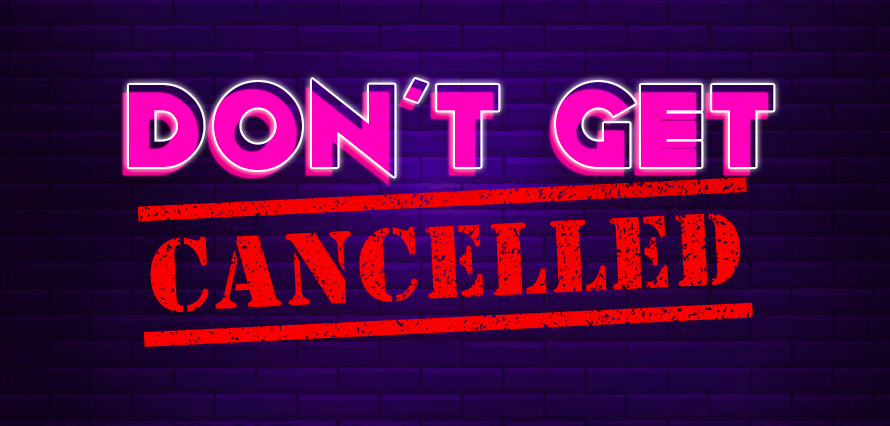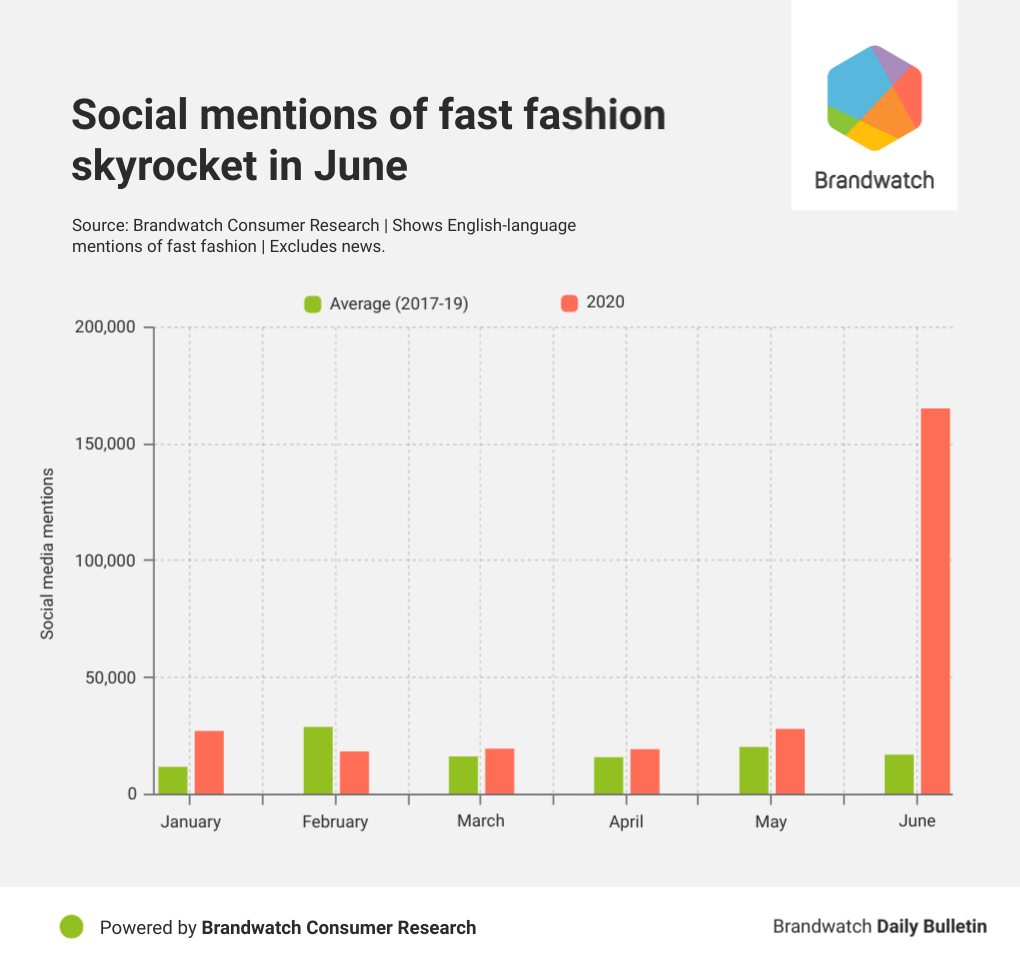August 3, 2020
Call-out or cancel culture has been around for some years now. But like many things in marketing, it’s accelerated in importance over the last few months. Brand values have moved centre stage and what you stand for matters more than ever. The impact of #cancel is seen whether you’re famous or a recognisable brand. Take a look at how L’Oréal or Boohoo have found themselves in the spotlight.
https://twitter.com/JaydePierce/status/1280436848389750784?s=20
It’s safe to say, you cannot ignore it.
Actually, most businesses are very unlikely to be called out. Good.
But you’re missing the point if you think you should do nothing. The trend to cancel, is a sign that audiences care a great deal about who they buy from. It matters whether you’re in the firing line or not.
GWI data from their COVID research shows that 43% of UK audiences think that business should ensure diversity in leadership if they want to support BLM. YPulse’s research shows that 69% of young consumers believe brands need to make an effort to be politically correct, and 65% actively avoid brands that oppose the causes they support.
You don’t need to be shamed on social to see an impact in your business. Social is where your audience shares its beliefs, views and emotions. People make it clear they want transparency, authenticity and honesty from brands.
How can businesses make sure they protect reputation and adapt to changing audience behaviours? Here are the 4 things you need to think about…
- Prepare inside out and outside in
Marketers should be looking at its business practices from the inside. Through the eyes of communicators and guardians of the brand. It means delving into purpose and refining messaging.
Scrutiny is the first step in ensuring you don’t have any skeletons in the cupboard.
The second step is to reflect on how your business is perceived. Take a look at how you can be open, genuine and not paper over the cracks with a raft of tweets or Facebook posts. You cannot pretend to have a purpose or support a cause. Your marketing messages need to be genuine.
You’ll also need to look outside your organisation too. Take a hard look at your partners, suppliers, ambassadors and influencers. Do they align with your brand values and your customer expectations?
Of course, the glorious side effect of doing this is that you align your marketing with societal expectations. It may even give you a reason to shout about positive changes. Take IBM for example. It declared a move away from its facial recognition business in an ethical and moral stand on privacy.
- Stop wandering in the dark
If you’re not listening, you cannot tell when things change and move on. Attitudes and values are changing fast. Trends in causes, beliefs and movements dip and peak.
Take a look at fast fashion. Brandwatch analysis found that people on social media have been calling out fast fashion for some time and conversation has been growing steadily.
But lockdown has accelerated awareness on the issue. Conversation jumped 31% in the last three months compared to the three months prior.
The issues with fast fashion are becoming a bigger and bigger part of online conversation and public consciousness. And this is the tip of an iceberg where no kind of exploitation will go unnoticed or uncalled out.
It means companies need to know their audiences well and stay tuned in. Be hyperaware of what might trigger negative responses, and stay close to what your audiences care about. Brands that go against their target market’s values don’t fare well.
And above all, avoid jumping on bandwagons. There is very little tolerance for virtue signalling or as it is sometimes called, slacktivism – empty activism.
During the #StopHate4Profit movement, some brands discovered that their own behaviours have come under examination. When Unilever announced its Facebook boycott, it posted on Instagram; “We have a responsibility for racial justice”. Customers pointed out that the Unilever’s Fair & Lovely brand, promoted skin whitening and launched #boycottunilever on social.
But if you have a right to celebrate a value or support a cause then you’ll find not only positivity, but a large amount of advocacy too. Take a look at the response Burberry receives because they’re making personal protective equipment for healthcare workers.
People buy products from brands that support the causes they believe in.
- Be a loved brand
There is more to social success than doing the right thing as a business. If you don’t make the emotional and value connection the impact is minimal. It is such a noisy space; you need to resonate and do so fast. So, beyond being a good company, create a brand people want to associate with.
That means understanding your audiences better, mirroring language, following behaviours and being emotional with your content and copy.
For many companies that also means having a personality, an opinion and to stand for something more. Get this right and you’ll be liked and trusted. We have talked a lot about emotional marketing and trust messaging in our Facebook lives, for this reason.
- You can’t hide
Understandably, businesses are cautious of conflict and steer clear of difficult political or social issues. But this too can be a challenge. It’s impossible to have audiences agree with everything that you do or say. However, taking a passive stance on important issues when your audience needs your support the most, is not enough.
Have a position and plan for potential negativity. That also means planning for a backlash.
What happens if you do get called out?
Well, honesty is the best policy. Swallow your corporate pride and if you got it wrong, recognise mistakes, explain how you’ll rectify it and apologise. A genuine, human apology and a commitment to change can start the process of building back reputation. If you haven’t got it wrong say so. Have an opinion.
Silence is never an option and can actually make it worse.
In a cancel culture world, social media is the sharp end of your business that can only be protected if you scrutinise your practices, products and services first before you shout about them. You can only navigate societal expectations, if you understand your audiences and listen to their changing values. And that you can only prepare for negativity, if you are able to be humble and honest in your response to mistakes and open with your brand positioning.

